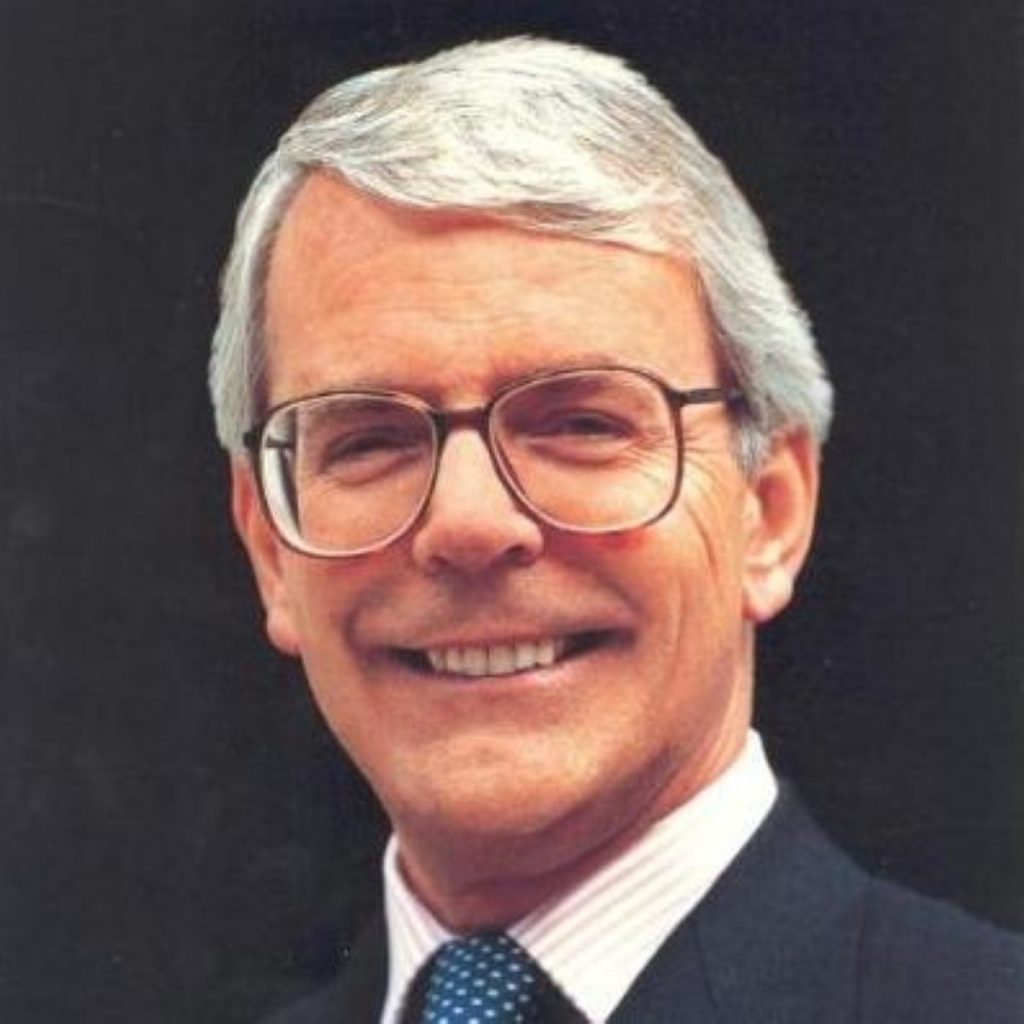Major suggests he opposes first-past-the-post
By Ian Dunt
Former prime minister John Major has strongly implied he has run out of sympathy with Britain’s first-past-the-post electoral system.
Speaking to the public administration select committee, Sir John voiced traditional criticism of the system’s unrepresentative results.
“Our system throws up freakish government majorities that bear very little relationship to the voting pattern of the electorate at large,” he said.


“To address these over-mighty governments, parliament needs more ability to challenge the executive.”
He continued: “I am pretty dismayed at the disregard in which politics is held today and the way in which politics often seems to malfunction.
“I think this can be put right, and I think it needs to be put right, and part of the remedy is reforms to make the Commons more efficient and better regarded.
Sir John also suggested cutting down the number of ministers by half.
“Certainly, the government has too many ministers,” he said.
“The payroll vote is too dominant.”
The committee is looking into the constitutional implications of appointing government ministers from outside the Commons.
The practise has increased in pace in recent years, with Gordon Brown appointing several ‘goats’ (government of all the talents) to his administration, usually by putting them in the Lords.
Early efforts, aimed especially at Lib Dems, earned him several mocking comments from then-Lib Dem leader Sir Menzies Campbell, who told him in the Commons that his open door resembled a “trap door”.
His decision to make Sir Alan Sugar ‘enterprise champion’ backfired spectacularly.
The Tories made official complaints about the role conflict with Sir Alan’s The Apprentice show on the BBC, claiming it contravened their commitment to impartiality.
And Sir Alan has proved to be a volatile government figure, making several public comments which proved highly controversial.
Over the weekend, he was criticised for suggesting he would not employ a pregnant woman.












